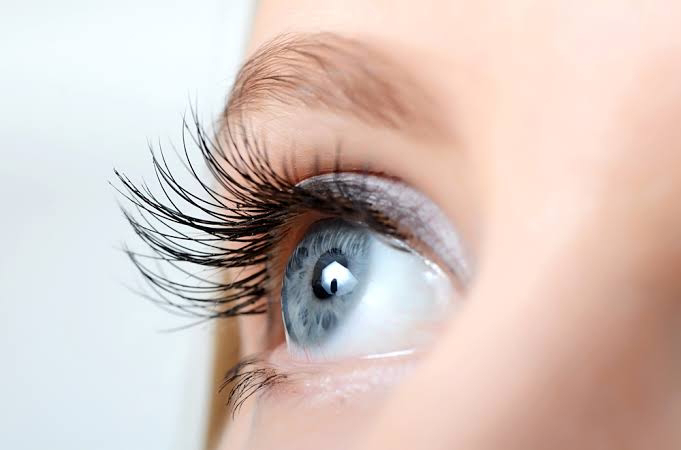In our digital age, many of us spend hours glued to screens—whether for work, entertainment, or social media. While we focus on the content on our devices, we often overlook the incredible effort our eyes are exerting behind the scenes. Surprisingly, your eyes may be silently draining your energy, leaving you feeling sluggish and exhausted even if you haven't physically moved much during the day.
The Constant Work of Your Eyes
Think of your eyes as tiny athletes constantly on the move. They blink thousands of times daily, adjust focus, and adapt to varying light conditions—all without pause. According to ophthalmologist Dr. Piyush Kapur, Chairman of Healing Touch Eye Centre, our eyes work tirelessly, especially when we are fixated on screens for extended periods.
“If we sit in front of that screen the entire day, our eyes would surely be overworked,” he explains. This overexertion doesn’t go unnoticed; it manifests as headaches, dryness, blurry vision, and that sluggish feeling we often dismiss as mere fatigue.
Eye Strain and Overuse
When the eyes are overused, they enter a state of strain. Dr. Kapur likens this to athletes pushing beyond their limits without rest. Typically, our eyes need breaks approximately every 90 minutes to recover from the visual information overload.
When they don’t get this downtime, they send signals of distress—dryness, irritation, and tiredness. Over time, these symptoms can accumulate, making you feel like a zombie by the end of the day, even if you've barely moved from your chair.
Sleep Deprivation and Eye Fatigue
Your eyes also rely heavily on sleep for recovery. Lack of quality sleep doesn’t just affect your brain and muscles—it also impacts your eyes. Sleep deprivation can lead to puffiness, dark circles, twitching, and dry, irritated eyes. When deprived of restorative rest, your eyes miss out on essential recovery time, which can exacerbate feelings of fatigue and sluggishness throughout your entire body.
The Neurological Connection
Your eyes are directly connected to your brain, and visual processing demands a significant neurological effort. Dr. Kapur emphasizes that prolonged visual tasks require substantial energy from your nervous system. This neurological workload can drain your overall energy reserves, leaving you feeling drained and less alert. Ever wonder why your head pounds after a long day of scrolling or video calls? That tiredness is partly due to the energy your eyes and nervous system expend to process visual information.
Practical Tips to Protect and Reset Your Eyes
So, is there a way to reduce eye fatigue and preserve your energy? Absolutely. Here are some effective strategies:
- Optimize Your Workspace: Keep your environment well-lit and position your screen about an arm’s length away. Avoid glare and reflections that can strain your eyes.
- Be Conscious of Blinking: Make a habit of blinking more often to keep your eyes lubricated and prevent dryness.
- Stay Hydrated and Eat Eye-Friendly Foods: Incorporate omega-3 rich foods like walnuts, spinach, and carrots, which support eye health.
- Wear UV-Protection Glasses Outdoors: Protect your eyes from harmful ultraviolet rays that can cause long-term damage.
- Regular Eye Check-Ups: Routine examinations can help detect issues early, even if your vision seems fine.
Your eyes do a tremendous amount of work every day, often unnoticed. Overuse, insufficient sleep, and poor eye care can silently sap your energy, making you feel sluggish without realizing why. By adopting simple habits and giving your eyes the attention they deserve, you can boost your overall vitality and prevent long-term damage. Next time you find yourself feeling drained after a screen session, remember: your overworked eyes might just be the hidden culprit. Take a break, rest your eyes, and give yourself the energy boost you need to face the day—one blink at a time.

Comments
Post a Comment